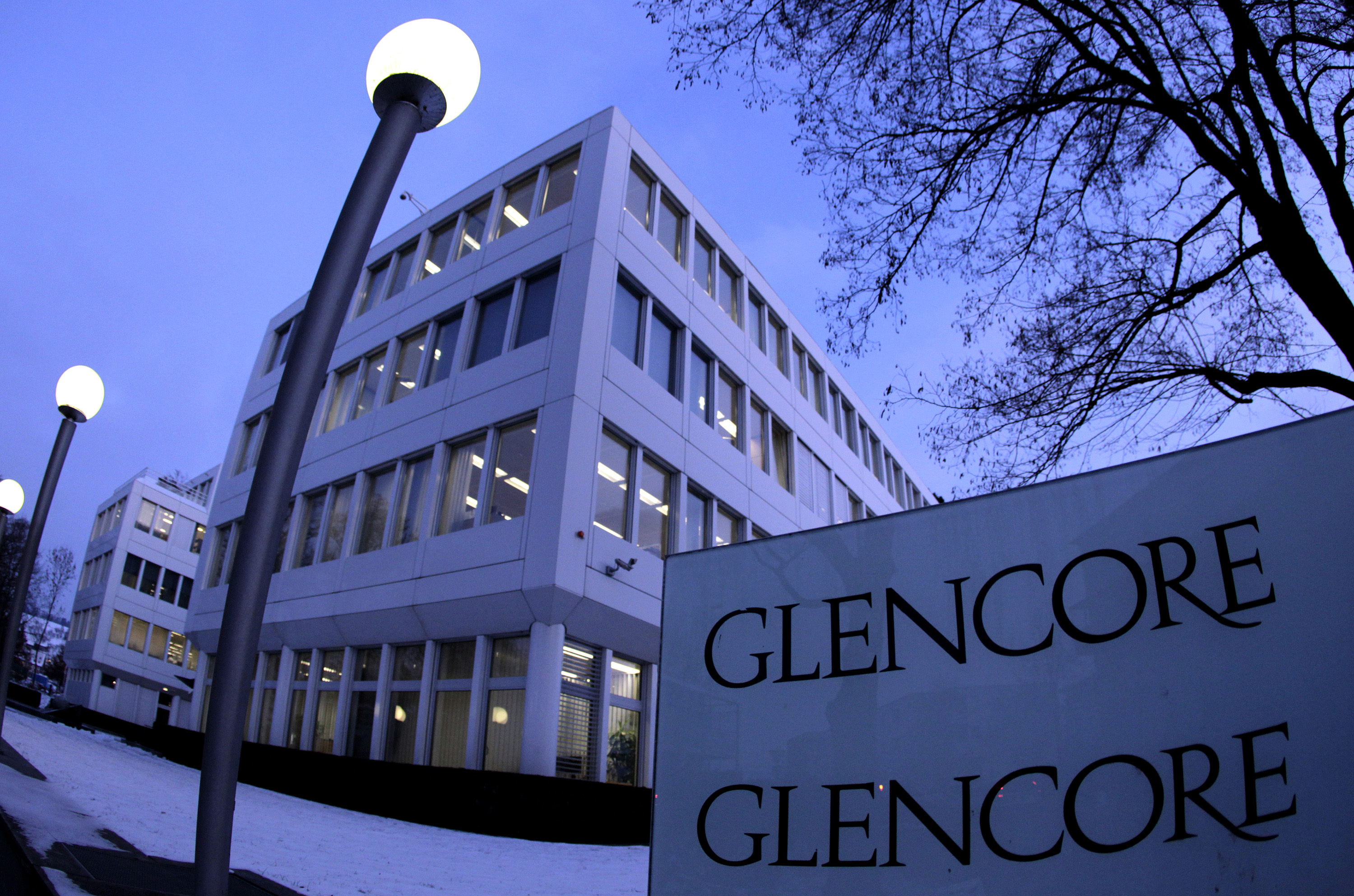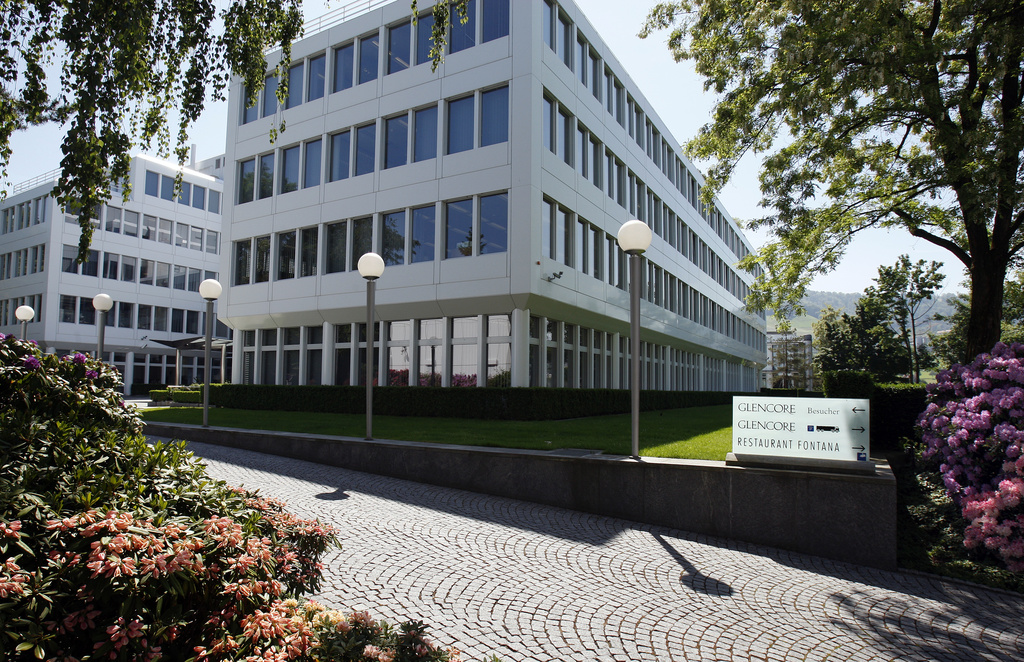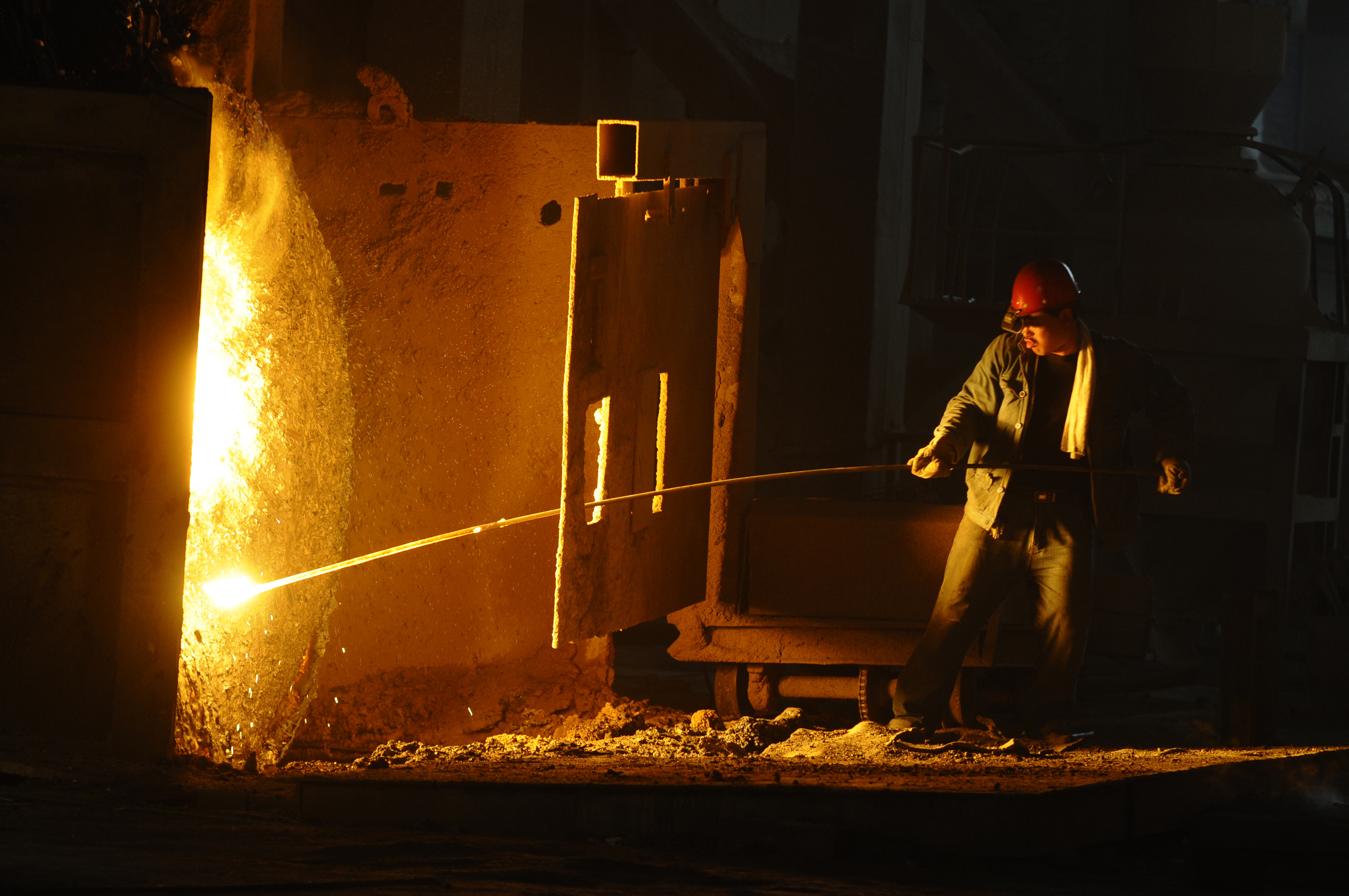Merger to create commodities colossus

Swiss-based companies Xstrata and Glencore have agreed on the terms of a merger, the two firms announced on Tuesday.
The new entity, spanning mining, agriculture and trading, would have a market value of $90 billion (SFr82.5 billion). Under the terms of the agreement, each Xstrata shareholder will receive 2.8 Glencore shares.
The announcement of the terms of the deal comes just a few days after the first public acknowledgment that the two companies were in discussions about a long-mooted tie-up merger talks, codenamed “Everest”, have gone on for years.
“The commodities value chain is becoming longer and more complex, creating opportunities for a company that can pre-emptively participate at every stage,” said Xstrata Chief Executive Mick Davis, who will become CEO of the merged company.
“Glencore Xstrata would be well positioned to do just that, creating value from resource extraction to customer sales and services, at a time when demand for our combined products continues to grow,” Davis added.
Xstrata shareholders other than Glencore, which already has a 34 per cent stake in the mining group, will hold 45 per cent of the new group.
The merger agreement was announced as Xstrata reported a 22 percent gain in full-year profit to $5.7 billion, compared to $4.7 billion a year earlier. Revenue was up 11 per cent to $33.9 billion.
Bringing together Xstrata, the world’s fourth-biggest diversified miner, and Glencore will create a group looking to ride an extended surge in demand in coming years for commodities from China and other emerging nations.
As the world’s third-largest copper producer, fourth-largest nickel producers and the global leader in thermal coal, ferrochrome and integrated zinc production, the combined firm aims to have the bulk to compete with mining sector leaders BHP Billiton, Vale and Rio Tinto.
The merger is projected to yield cost savings of $500 million in the first full year, primarily in marketing, while creating the world’s fourth largest global diversified natural resource company, with operations in 33 countries.
Shareholder resistance
A least two top ten Xstrata shareholders said on Tuesday they would vote against the merger.
Standard Life Investments, the fourth largest investor in Xstrata, and Schroders said the deal, the mining sector’s biggest, to buy the remaining 66 per cent of Xstrata for $41billion undervalued their shares.
The deal needs to be approved by 75 per cent of shareholders except Glencore, which is barred from voting.
The two investment funds own 3.6 per cent of all Xstrata shares, but 5.6 per cent of the shares needed for approval, according to Thomson Reuters data. Their stand may persuade others to follow suit.
“I’m in complete agreement with Standard Life and we intend to do exactly the same. This is a fabulous deal for Glencore, it’s probably a great deal for the Xstrata management, but it’s a poor deal for Xstrata’s majority shareholders,” Schroders’ Richard Buxton told Reuters.
Davis admitted the two companies would have to work hard to bring some of his shareholders on board.
“We clearly have to now go to our shareholders and speak to them and take them through the transaction … we’ve got a long gestation period, we recognise that,” he told an analysts’ presentation.
Marc Rich
Xstrata, based in Zug, was formed in 2002 when it bought Glencore’s coal assets. The company mines copper in the Americas, zinc in Spain and ferrochrome and vanadium in Australia and South Africa.
Glencore extracts, ships and refines raw materials from coal, to copper, to corn. It is based in Baar canton Zug, but has its main listing in London.
Glencore was founded in 1974 by Marc Rich, the fugitive trader who was controversially pardoned in 2001 by then US President Bill Clinton just hours before he left office.
Rich sold the company to its employees in 1994, and the firm has been at pains to distance itself from its founder and any whiff of improper activity. Environmental groups, however, have since targeted the company for its mining interests.
Headquartered in Switzerland.
Assets and projects in 33 countries.
Around 130,000 employees.
Glencore Xstrata’s mining assets will include more than 100 mines, 30 concentrators,
25 base metals smelters, eight copper solvent extraction plants, four copper electro-winning plants, eight base metals refineries and precious metals refineries.
Other assets:
A global network of warehouses with 1.5 million tons of concentrate and metal storage capacity and access to 100 tank farms/oil terminals worldwide.
Glencore Xstrata’s agricultural assets will include 270,000 hectares of leased/owned farmland.
Over 200 vessels owned, leased or commercially managed for the oil business.
Access to and ownership of many ports.

In compliance with the JTI standards
More: SWI swissinfo.ch certified by the Journalism Trust Initiative













You can find an overview of ongoing debates with our journalists here . Please join us!
If you want to start a conversation about a topic raised in this article or want to report factual errors, email us at english@swissinfo.ch.